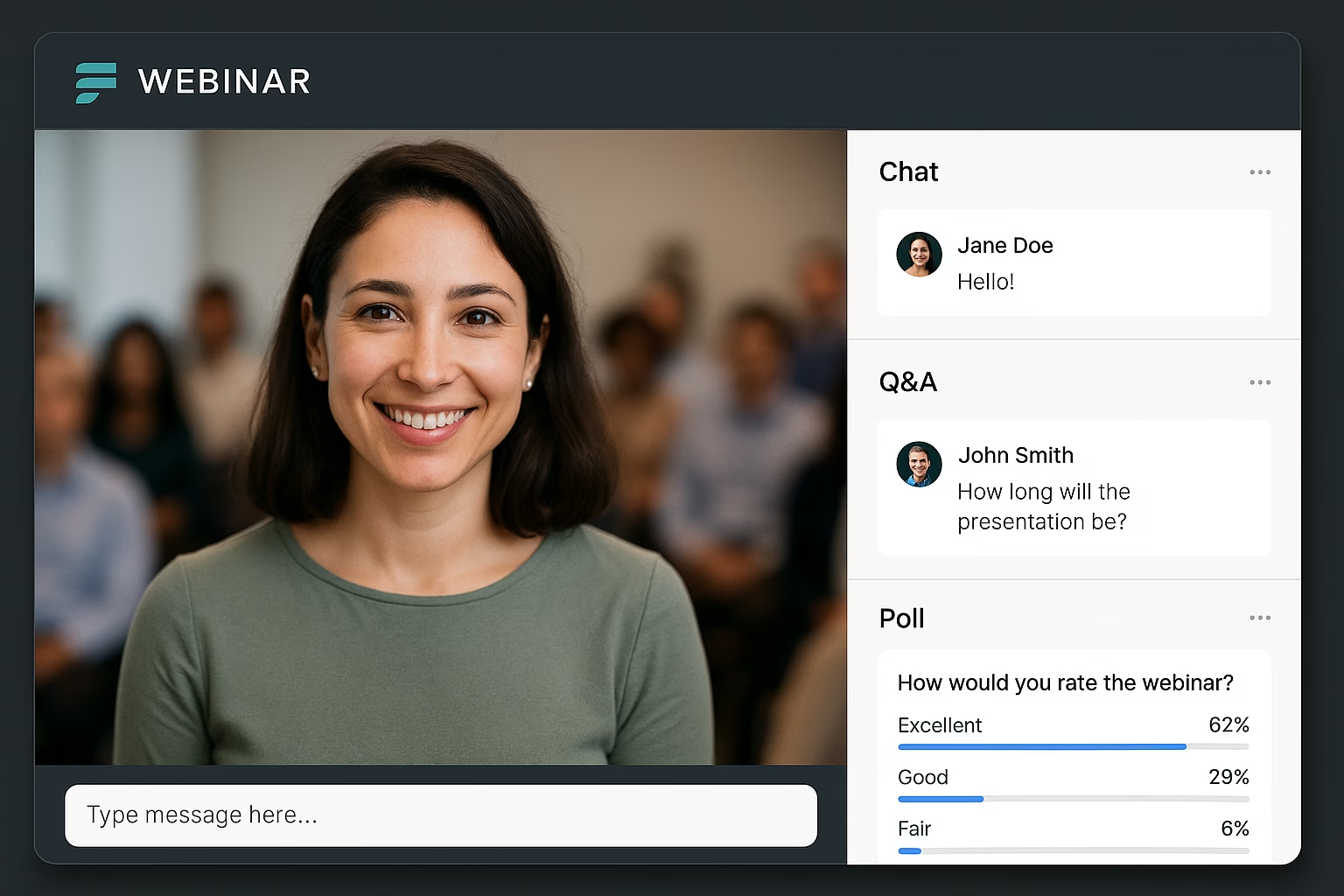By Martin H. Morrissette, Sirocco CMO – Book time with me
A transformative shift
The future of Customer Relationship Management (CRM) is being reshaped by a groundbreaking development: agentic AI. This next-generation AI goes beyond automating tasks, enabling AI agents to work autonomously, make decisions, and drive outcomes with minimal human oversight. As businesses face increasing pressure to enhance customer engagement and optimise operations, agentic AI offers a powerful solution.
Agentic AI refers to AI systems that can autonomously take actions, adapt in real-time, and solve complex problems. It builds upon predictive AI (forecasting future events) and generative AI (creating new content) by incorporating elements of planning, decision-making, and continuous learning.
In this article, we’ll explore how AI is transforming CRM – from hyper-personalisation and proactive engagement to autonomous customer journeys and data-driven decision-making. We’ll also address some key challenges that come with adopting this technology and provide insights on how businesses can successfully integrate AI into their CRM strategies, with actionable advice on overcoming obstacles like data security, team upskilling, and the shift from legacy systems. By the end, you’ll have a clearer understanding of how agentic AI can propel your business forward, and also how Sirocco can guide you through the process.
Hyper-Personalisation at scale
One of the most significant impacts of agentic AI will be the hyper-personalisation of customer experiences. Imagine AI agents that not only understand customer preferences but also anticipate their needs, proactively suggesting solutions and delivering personalised experiences across every touchpoint. This goes beyond basic recommendations; it involves a deep understanding of individual customer journeys, allowing businesses to deliver truly tailored experiences that resonate on an emotional level. Research from McKinsey indicates that businesses leveraging AI for personalisation can expect revenue increases of up to 15% and significant boosts in customer satisfaction. This underscores the immense potential of agentic AI in crafting experiences that are not only relevant but also deeply engaging.
Proactive engagement
Agentic AI will shift customer interactions from reactive to proactive. Instead of simply responding to inquiries, AI agents will anticipate customer needs, proactively engaging them at critical moments. This could involve suggesting relevant products, offering assistance before a problem arises, or even initiating conversations based on observed customer behaviour. Salesforce’s Agentforce exemplifies this trend, providing real-time insights and suggesting the next best action for customer service agents, leading to increased revenue and improved customer satisfaction. By integrating autonomous AI agents into CRM systems, businesses can ensure that customer interactions are timely, relevant, and impactful.
Autonomous customer journeys
The future of CRM lies in creating seamless customer journeys across all channels. Agentic AI will play a crucial role in orchestrating these journeys, guiding customers effortlessly through every stage, from initial engagement to post-purchase support. AI agents will ensure a consistent and personalised experience, bridging the gaps between marketing, sales, and service. Gartner predicts that by 2026, 75% of customer service interactions will be powered by AI, highlighting the growing importance of AI in shaping the customer journey. This shift towards autonomous customer journeys will enable businesses to deliver cohesive and efficient experiences that meet customer expectations at every touchpoint.
Predictive analytics & forecasting
Agentic AI will revolutionise predictive analytics, enabling businesses to forecast customer behaviour, identify churn risks, and anticipate future trends with unprecedented accuracy. By analysing vast amounts of data, AI algorithms can uncover hidden patterns and insights, empowering businesses to make data-driven decisions that enhance marketing and sales strategies. Salesforce has found that businesses utilising predictive analytics have experienced a 30% reduction in customer churn, demonstrating the tangible benefits of AI-powered forecasting. This capability allows companies to proactively address potential issues and capitalise on emerging opportunities, leading to improved customer retention and business growth.
Enhancing efficiency & productivity
Agentic AI will automate many of the repetitive tasks that consume valuable time for sales and marketing teams. Lead qualification, data entry, and email segmentation will be handled by AI, allowing human teams to focus on high-value activities like relationship building, complex negotiations, and strategic planning. Forrester reports that 60% of businesses have observed a significant increase in sales team productivity following the integration of AI into their workflows. This enhancement in efficiency enables sales and marketing professionals to allocate more time to strategic initiatives, ultimately driving revenue growth and competitive advantage.
The role of industry leaders
The next frontier of artificial intelligence is agentic AI, which uses sophisticated reasoning and iterative planning to autonomously solve complex, multi-step problems. And it’s set to enhance productivity and operations across industries. As the world of CRM evolves, several industry giants are leading the charge in integrating AI to revolutionise customer engagement. From hyper-personalisation to intelligent automation, these players are not only transforming how businesses interact with customers but also shaping the future of CRM itself. In this section, we explore how Google, Salesforce, Microsoft, and HubSpot, along with other emerging companies, are leveraging AI to create cutting-edge solutions that empower businesses to stay ahead in a rapidly changing market.
Salesforce, a leader in CRM innovation, has introduced Agentforce, a platform that enables businesses to build and customise autonomous AI agents. These agents can connect to any enterprise data, taking action across sales, service, marketing, and commerce, providing a comprehensive solution for modern CRM needs. By expanding its AI capabilities, Salesforce aims to offer businesses the tools needed to not just manage but optimise their customer relationships.
Microsoft has integrated AI across its Dynamics 365 platform, bringing intelligent automation and predictive capabilities to CRM. By optimising workflows and improving customer interactions, Microsoft’s AI focus empowers businesses to enhance operational efficiency while driving growth. Their solutions bring together predictive analytics, customer insights, and automation in a unified platform, giving companies a holistic view of their customer journeys.
HubSpot is making AI-powered tools accessible to businesses of all sizes. By prioritising ease of use, HubSpot enables businesses to harness AI without requiring extensive technical expertise. Their approach democratises AI, allowing a broader range of businesses to benefit from advanced CRM capabilities, making it easier for smaller enterprises to integrate sophisticated AI tools into their workflows.
Google has capitalised on its vast data resources, focusing on AI-powered customer service, conversational AI, and real-time personalised support. By integrating AI into its CRM offerings, Google aims to provide businesses with tools that enhance customer engagement, offering deeper insights and more personalised experiences. Their solutions are designed to provide seamless, real-time interactions that elevate customer satisfaction and retention.
While these industry leaders are at the forefront of AI-driven CRM transformation, other players such as Zoho, Oracle, and Freshworks are also making significant strides. These companies are adding to the growing pool of AI-powered CRM solutions, each with its own unique strengths and focus areas. The recent AI boom will, without a doubt, also lead to more players entering the CRM space. For now, the solutions above are clearly driving the future of CRM with their AI innovations. Their approaches are opening up new possibilities for businesses to enhance customer engagement and streamline operations. But adopting these AI-driven solutions isn’t without its challenges. Integrating AI into existing CRM systems requires more than just technical adjustments; it demands thoughtful planning around data security, team training, and shifting strategies to support AI-powered change.
As CRM systems continue to evolve, businesses like yours need to remain flexible and forward-thinking. Whether you’re considering introducing AI into your CRM strategy or looking to fine-tune your existing systems, there’s no need to navigate these changes alone. Partnering with a team like Sirocco can help you understand the potential of AI and make it a seamless part of your business, ensuring you’re ahead of the curve, not just keeping up.
Organisational considerations
As you look to integrate agentic AI into your CRM strategy, it’s important to recognise that getting your company AI-ready is a crucial first step. Simply adopting AI tools isn’t enough. You need to evaluate your data, processes, and integrations to make the necessary adjustments, ensuring that you can benefit from AI at scale. This often requires a detailed review of your current systems, workflows, and team capabilities to identify any gaps or areas for improvement. Without a solid foundation, it will be challenging to fully leverage the power of AI, no matter how advanced the technology becomes.
One of the key hurdles you’ll face is transitioning from legacy systems to AI-driven solutions. If your business relies on long-established CRM systems, moving to AI-powered tools can be complex and requires careful planning. This process can involve system overhauls, data migrations, and integrations, which are time-consuming and potentially disruptive without the right expertise. The shift is as technological as it is cultural, requiring your organisation to embrace digital transformation and continuous innovation.
Another significant challenge is data privacy and security. As AI becomes embedded in CRM systems, robust data protection becomes even more critical. You’ll need to implement comprehensive strategies to safeguard sensitive customer data and ensure compliance with regulations like GDPR. This might mean reassessing your data management practices and adopting new technologies to secure data at every stage, from collection to analysis.
Balancing automation with human interaction is also vital. While AI is great at handling routine tasks, complex or emotionally charged customer interactions still require the nuanced understanding that only humans can provide. It’s essential to define the right mix of AI and human involvement, ensuring that your team can effectively manage the most critical or sensitive interactions.
Finally, as AI becomes more prevalent, upskilling your team will be critical. To truly capitalise on agentic AI, you’ll need to ensure that your employees have the skills to work effectively with AI systems. This might involve investing in training your existing team or hiring new talent who can bridge the gap between technology and customer experience. Luckily, most of the leading CRM vendors come with their own training platforms (Salesforce’s Trailhead, HubSpot Academy, Microsoft Learn, etc.). We can also help with this! The most innovative technology is useless if your teams don’t know how tom operate it.
The future of CRM? A new era of engagement.
The integration of agentic AI into CRM systems signifies a transformative shift in how businesses engage with customers. By leveraging the power of autonomous AI agents, companies like yours can deliver hyper-personalised experiences, optimise operations, and achieve unprecedented levels of customer satisfaction. However, as this technology becomes more embedded in CRM strategies, you must also navigate the challenges that come with it – such as data security, human-AI collaboration, upskilling teams, and transitioning from legacy systems.
To get ahead of your competition, partnering with experts who understand the intersection of AI, data, integrations, and strategy is essential. At Sirocco, we can help you navigate this transition, ensuring your AI-driven CRM solutions are seamlessly integrated with your existing systems while aligning with your business goals. If you’re ready to embrace the future of CRM and make the most of agentic AI, we’re here to support you every step of the way. Start that conversation today!










